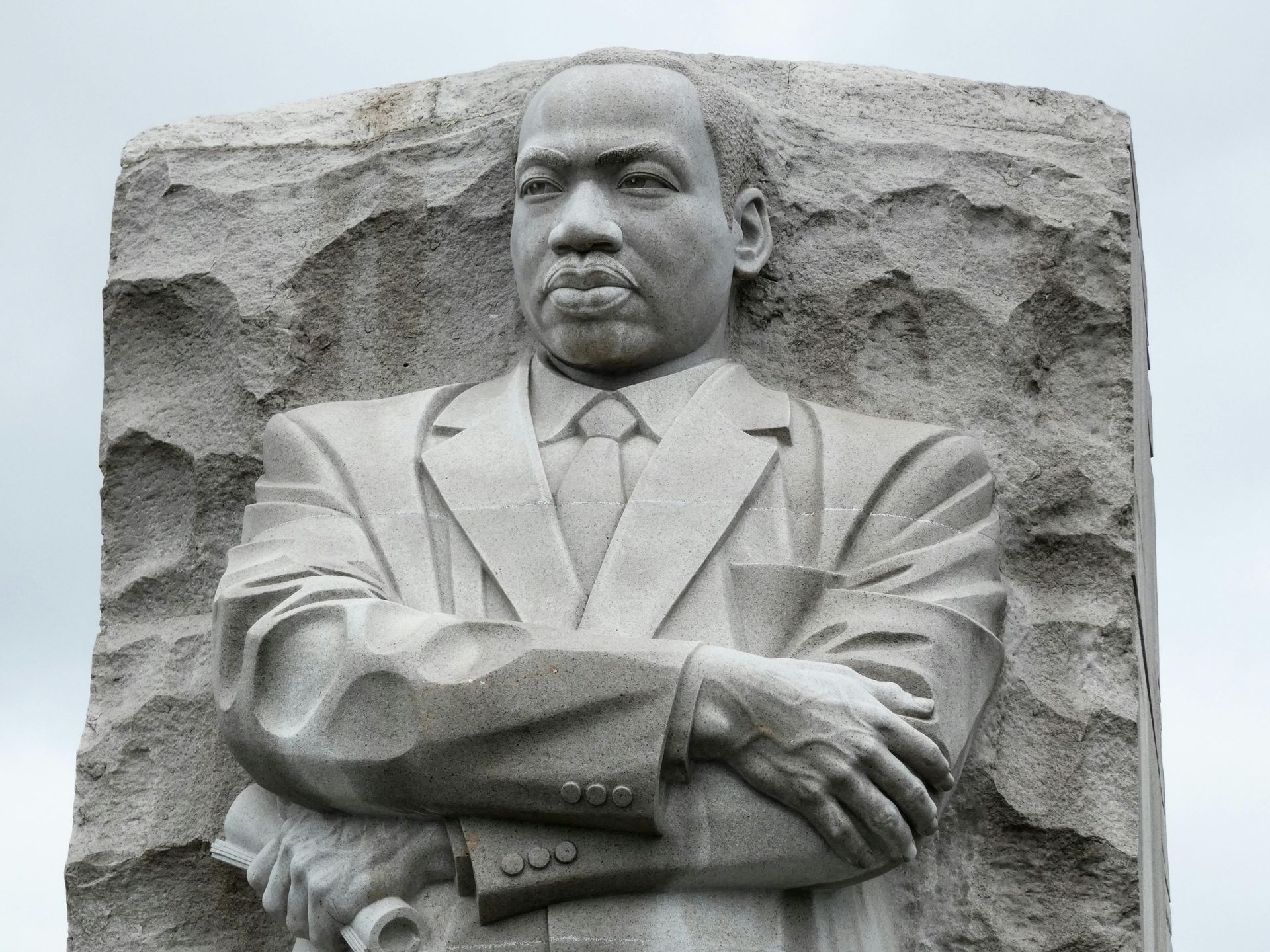5th Sunday C February 9, 2025
Have you had the experience of complimenting someone and they say in response, “It was not good”. Last week I told a choir member how much I enjoyed their meditation after communion and this is the response I got, “We made lots of mistakes.” It seems to me I am my own worst critic.
In today’s gospel, Peter says to Jesus, “Depart from me, Lord, for I am a sinful man,” Peter was being his own worst critic. I am sure he was no more sinful than the other fishermen he was in the boat with. Jesus’ response is “Do not be afraid”.
Jesus is not concerned about the state of Peter’s life, Jesus chooses Peter because or despite who he is. “God never calls the qualified, God qualifies the called.” None of the apostles or the later saints were perfect people, most had no qualifications for the work God set out before them. They took a chance and became the ministers the Lord needed them to be.
In today’s passage from St Paul, St Paul speaks of the gift of grace,
For I am the least of the apostles,
not fit to be called an apostle,
because I persecuted the church of God.
But by the grace of God I am what I am,
and his grace to me has not been ineffective.
Indeed, I have toiled harder than all of them;
not I, however, but the grace of God that is with me.
St. Paul, like Peter, is aware of his own deficits, yet he is also aware of the gift God has given to him. God has given St. Paul the grace to accomplish God’s work.
We are all given the gift of Grace. God’s grace allows us to accomplish the work God has set before us.
David Brooks in his book The Second Mountain speaks about the second mountain of our lives. In the first mountain, we develop our Ego and look for transitory things such as wealth. In the second mountain,n we become more concerned about others.
When Peter and the other Fishermen felt the grace of Jesus’s presence to them, they left all to follow him, they found a new vocation. They were not qualified, but over time God’s grace made them effective.
The same will happen to us. The grace of God impels us to new things, and we leave behind old things to become a disciple of Jesus.






